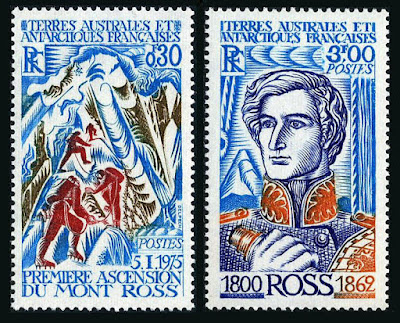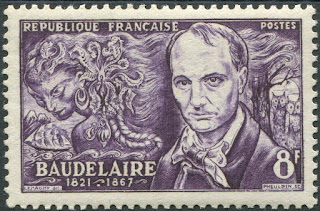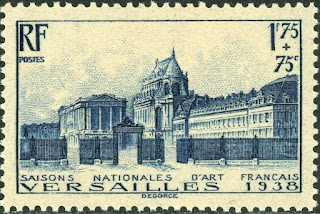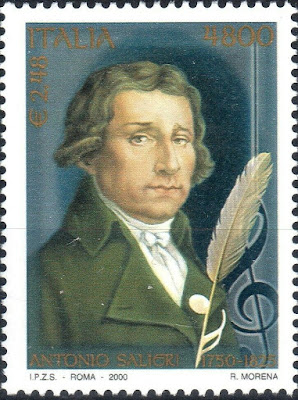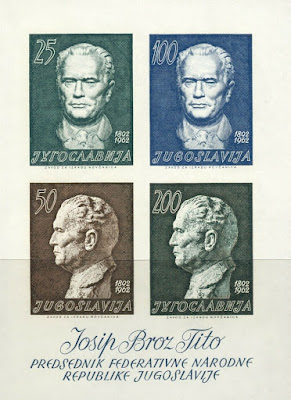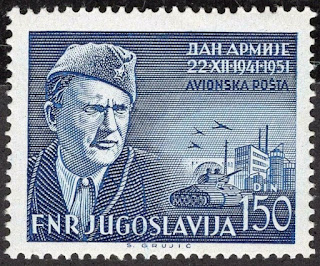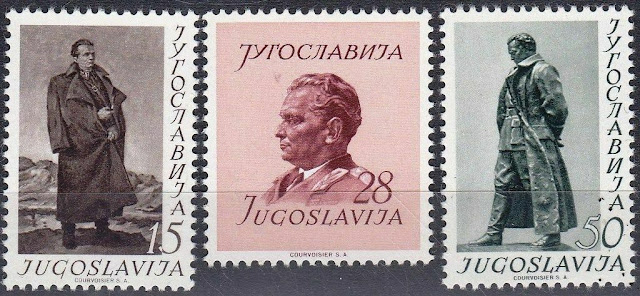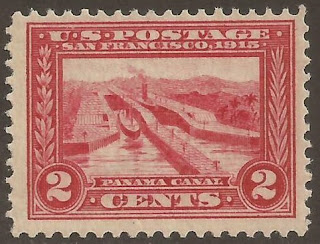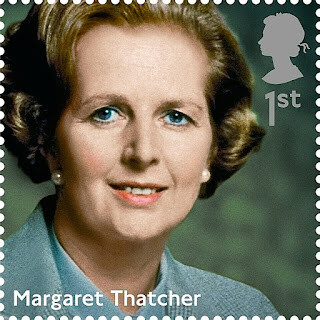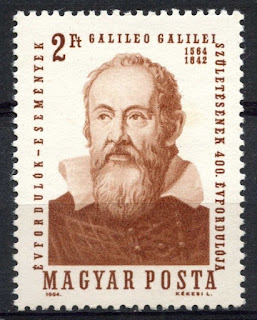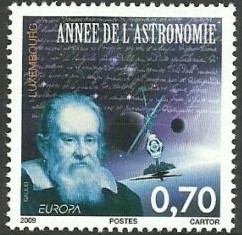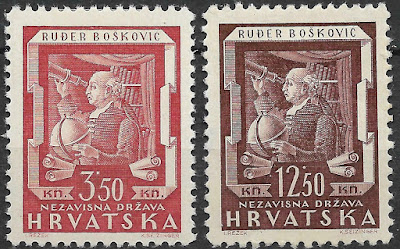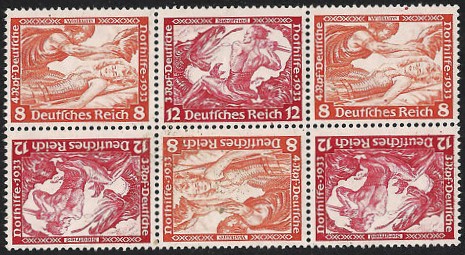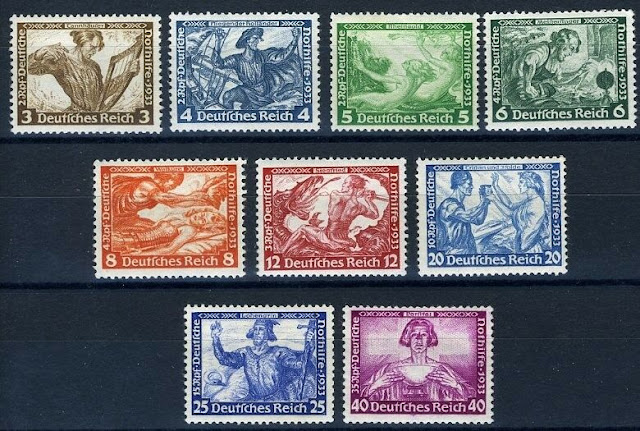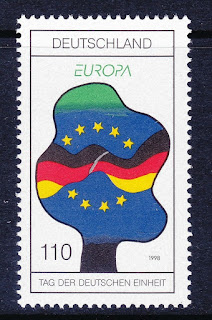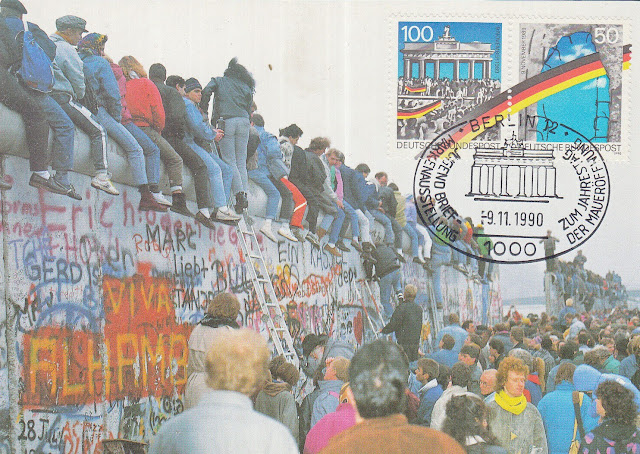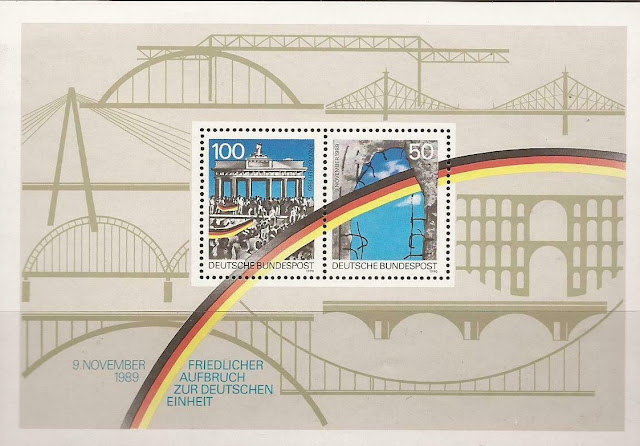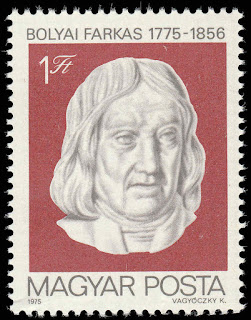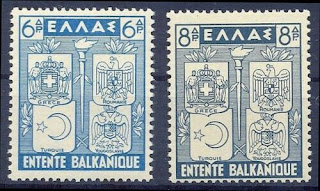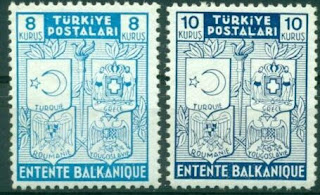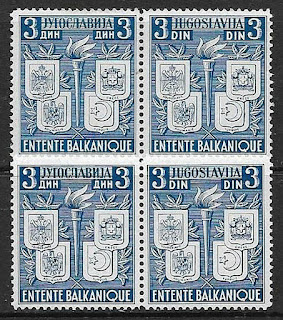Here are some events that happened on February 9th. It could be an event or a person that died or was born on that day
1773 Born: William Henry Harrison, American general and politician, 9th President of the United States (d. 1841)
William Henry Harrison (February 9, 1773 – April 4, 1841) was an American military officer and politician who served as the ninth president of the United States in 1841. He died of typhoid, pneumonia or paratyphoid fever 31 days into his term (the shortest tenure), becoming the first president to die in office. His death sparked a brief constitutional crisis regarding succession to the presidency, because the Constitution was unclear as to whether Vice President John Tyler should assume the office of president or merely execute the duties of the vacant office. Tyler claimed a constitutional mandate to become the new president and took the presidential oath of office, setting an important precedent for an orderly transfer of the presidency and its full powers when the previous president fails to complete the elected term.
Harrison was born in Charles City County, Virginia, the son of Founding Father Benjamin Harrison V and the paternal grandfather of Benjamin Harrison, the 23rd president of the United States. He was the last president born as a British subject in the Thirteen Colonies before the start of the Revolutionary War in 1775. During his early military career, he participated in the 1794 Battle of Fallen Timbers, an American military victory that effectively ended the Northwest Indian War. Later, he led a military force against Tecumseh's Confederacy at the Battle of Tippecanoe in 1811, where he earned the nickname "Old Tippecanoe". He was promoted to major general in the Army in the War of 1812, and in 1813 led American infantry and cavalry at the Battle of the Thames in Upper Canada.
Harrison began his political career in 1798, when he was appointed Secretary of the Northwest Territory, and in 1799 he was elected as the territory's delegate in the House of Representatives. Two years later, President John Adams named him governor of the newly established Indiana Territory, a post he held until 1812. After the War of 1812, he moved to Ohio where he was elected to represent the state's 1st district in the House in 1816. In 1824, the state legislature elected him to the U.S. Senate; his term was truncated by his appointment as Minister Plenipotentiary to Gran Colombia in May 1828. Afterward, he returned to private life in North Bend, Ohio until he was nominated as the Whig Party candidate for president in the 1836 election; he was defeated by Democratic vice president Martin Van Buren. Four years later, the party nominated him again with John Tyler as his running mate, and the Whig campaign slogan was "Tippecanoe and Tyler Too". They defeated Van Buren in the 1840 election, making Harrison the first Whig to win the presidency.
At 68 years, 23 days of age at the time of his inauguration, Harrison was the oldest person to assume the U.S. presidency, a distinction he held until 1981, when Ronald Reagan was inaugurated at age 69 years, 349 days. Due to his brief tenure, scholars and historians often forgo listing him in historical presidential rankings. However, historian William W. Freehling calls him "the most dominant figure in the evolution of the Northwest territories into the Upper Midwest today".
US stamps and First Day Cover depicting William Henry Harrison
1775 Born: Farkas Bolyai, Hungarian mathematician and academic (d. 1856)
Farkas Bolyai (9 February 1775 – 20 November 1856; also known as Wolfgang Bolyai in Germany) was a Hungarian mathematician, mainly known for his work in geometry.
Bolyai's main interests were the foundations of geometry and the parallel axiom.
His main work, the Tentamen (Tentamen iuventutem studiosam in elementa matheosos introducendi), was an attempt at a rigorous and systematic foundation of geometry, arithmetic, algebra and analysis. In this work, he gave iterative procedures to solve equations which he then proved convergent by showing them to be monotonically increasing and bounded above. His study of the convergence of series includes a test equivalent to Raabe's test, which he discovered independently and at about the same time as Raabe. Other important ideas in the work include a general definition of a function and a definition of an equality between two plane figures if they can both be divided into a finite equal number of pairwise congruent pieces.
He first dissuaded his son from the study of non-Euclidean geometry, but by 1830 he became enthusiastic enough to persuade his son to publish his path-breaking thoughts.
Hungarian stamp issued to commemorate Farkas Bolyai
1825 – After no candidate receives a majority of electoral votes in the US presidential election of 1824, the United States House of Representatives elects John Quincy Adams as President of the United States.
John Quincy Adams (July 11, 1767 – February 23, 1848) was an American statesman, diplomat, lawyer, and diarist who served as the sixth president of the United States from 1825 to 1829. He previously served as the eighth United States Secretary of State from 1817 to 1825. During his long diplomatic and political career, Adams also served as an ambassador, and as a member of the United States Senate and United States House of Representatives representing Massachusetts. He was the eldest son of John Adams, who served as the second US president from 1797 to 1801, and First Lady Abigail Adams. Initially a Federalist like his father, he won election to the presidency as a member of the Democratic-Republican Party, and in the mid-1830s became affiliated with the Whig Party.
Born in Braintree, Massachusetts, Adams spent much of his youth in Europe, where his father served as a diplomat. After returning to the United States, Adams established a successful legal practice in Boston. In 1794, President George Washington appointed Adams as the U.S. ambassador to the Netherlands, and Adams would serve in high-ranking diplomatic posts until 1801, when Thomas Jefferson took office as president. Federalist leaders in Massachusetts arranged for Adams's election to the United States Senate in 1802, but Adams broke with the Federalist Party over foreign policy and was denied re-election. In 1809, Adams was appointed as the U.S. ambassador to Russia by President James Madison, a member of the Democratic-Republican Party. Adams held diplomatic posts for the duration of Madison's presidency, and he served as part of the American delegation that negotiated an end to the War of 1812. In 1817, newly-elected President James Monroe selected Adams as his Secretary of State. In that role, Adams negotiated the Adams–Onís Treaty, which provided for the American acquisition of Florida. He also helped formulate the Monroe Doctrine, which became a key tenet of U.S. foreign policy.
The 1824 presidential election was contested by Adams, Andrew Jackson, William H. Crawford, and Henry Clay, all of whom were members of the Democratic-Republican Party. As no candidate won a majority of the electoral vote, the House of Representatives held a contingent election to determine the president, and Adams won that contingent election with the support of Clay. As president, Adams called for an ambitious agenda that included federally-funded infrastructure projects, the establishment of a national university, and engagement with the countries of Latin America, but many of his initiatives were defeated in Congress. During Adams's presidency, the Democratic-Republican Party polarized into two major camps: one group, known as the National Republican Party, supported President Adams, while the other group, known as the Democratic Party, was led by Andrew Jackson. The Democrats proved to be more effective political organizers than Adams and his National Republican supporters, and Jackson decisively defeated Adams in the 1828 presidential election.
Rather than retiring from public service, Adams won election to the House of Representatives, where he would serve from 1831 to his death in 1848. He joined the Anti-Masonic Party in the early 1830s before becoming a member of the Whig Party, which united those opposed to President Jackson. During his time in Congress, Adams became increasingly critical of slavery and of the Southern leaders whom he believed controlled the Democratic Party. He was particularly opposed to the annexation of Texas and the Mexican–American War, which he saw as a war to extend slavery. He also led the repeal of the "gag rule," which had prevented the House of Representatives from debating petitions to abolish slavery. Historians generally concur that Adams was one of the greatest diplomats and secretaries of state in American history, but they tend to rank him as an above-average president.
US Stamps and FDC depicting John Quincy Adams
1934 – The Balkan Entente is formed.
The Balkan Pact,.or Balkan Entente, was a treaty signed by Greece, Turkey, Romania and Yugoslavia on 9 February 1934 in Athens, aimed at maintaining the geopolitical status quo in the region following World War I. To present a united front against Bulgarian designs on their territories, the signatories agreed to suspend all disputed territorial claims against each other and their immediate neighbors which followed in the aftermath of the war and a rise in various regional ethnic minority tensions. Other nations in the region that had been involved in related diplomacy refused to sign the document, including Italy, Albania, Bulgaria, Hungary and the Soviet Union. The pact became effective on the day that it was signed. It was registered in the League of Nations Treaty Series on 1 October 1934.
The Balkan Pact helped to ensure peace between the signatory nations but failed to stop regional intrigues. Although the countries of the pact surrounded Bulgaria, on 31 July 1938, they signed with Bulgaria the Salonika Agreement with Bulgaria. It repealed the clauses of the Treaty of Neuilly-sur-Seine and Treaty of Lausanne that had mandated demilitarised zones at Bulgaria's borders with Greece and Turkey, which allowed Bulgaria to rearm.
Stamps issued by the four Balkan Entente countries

